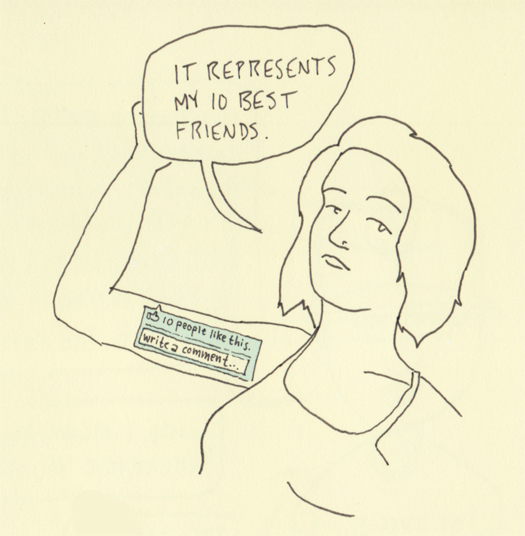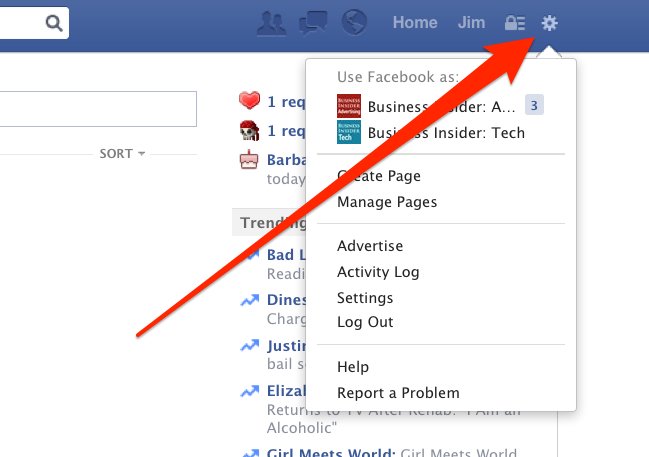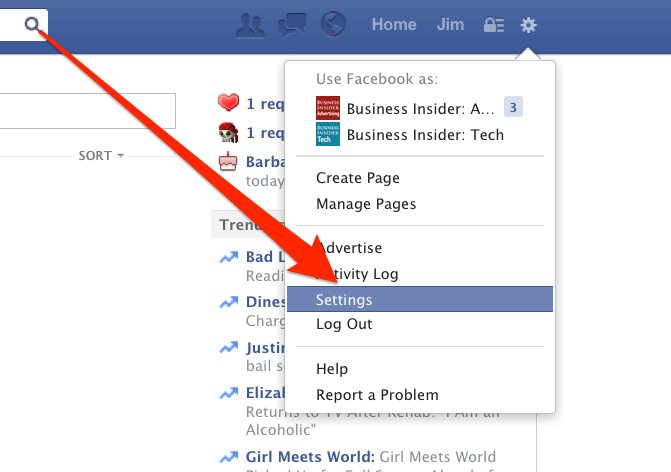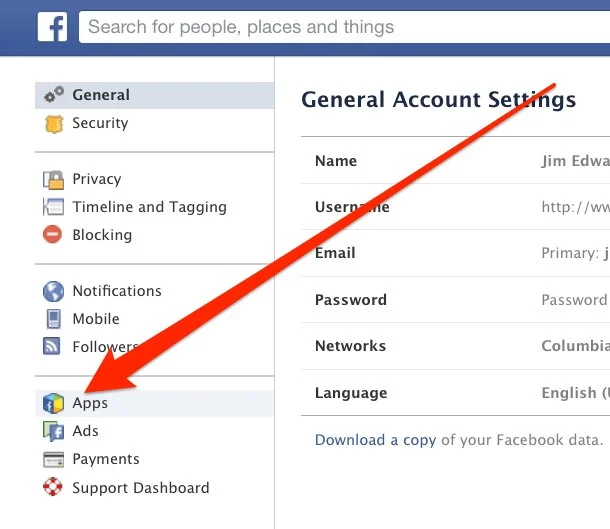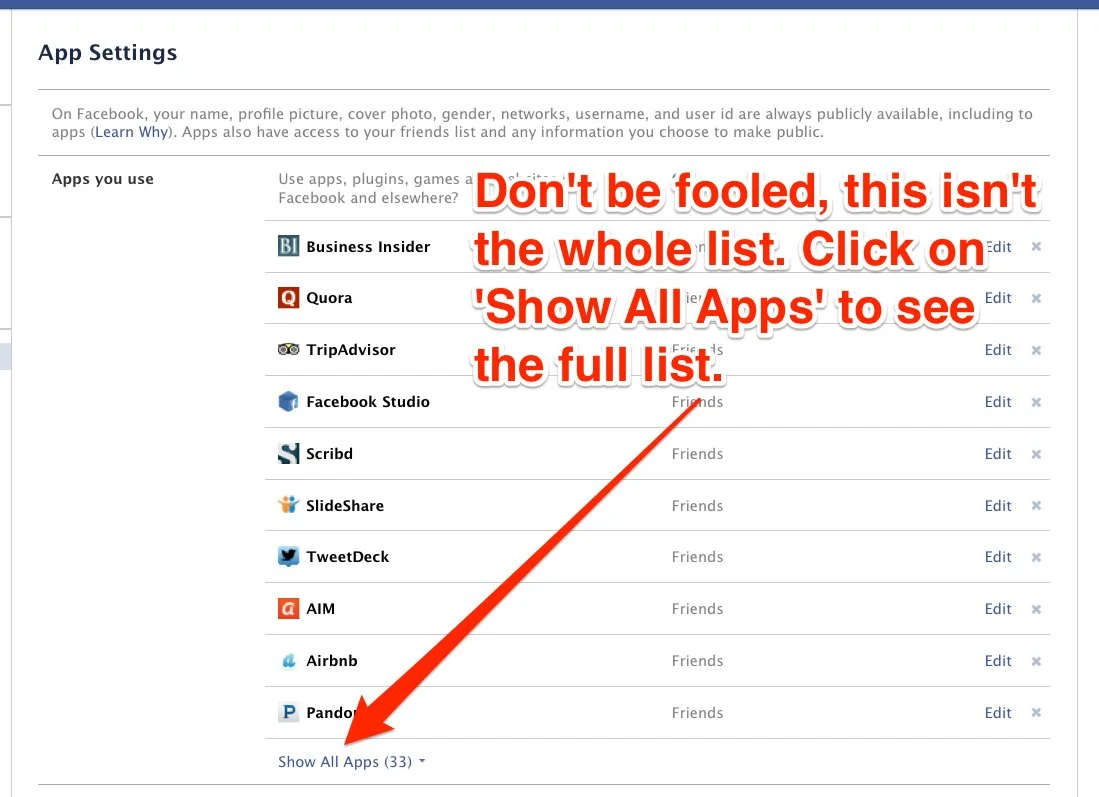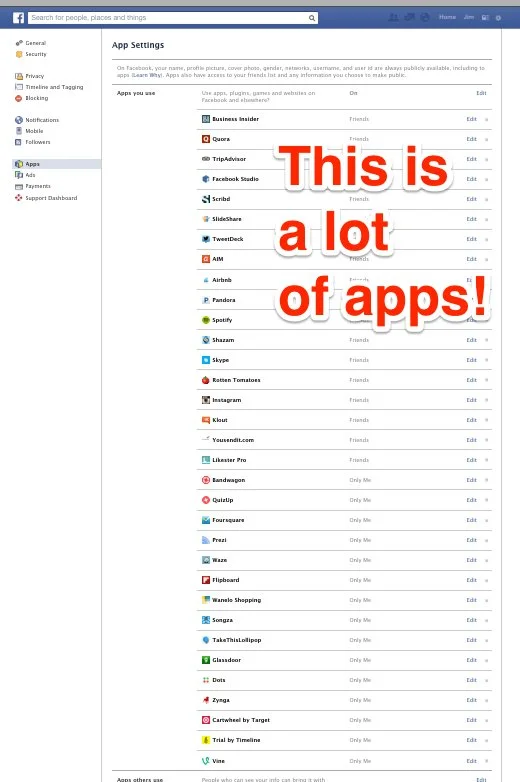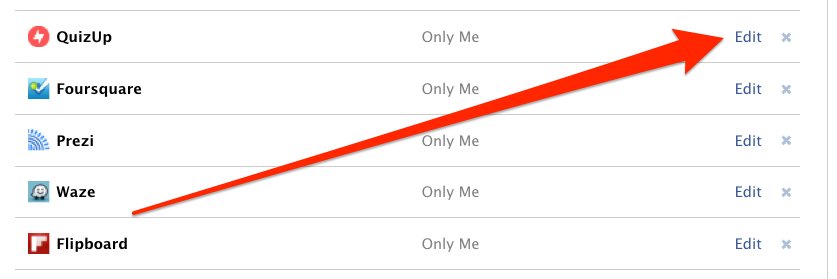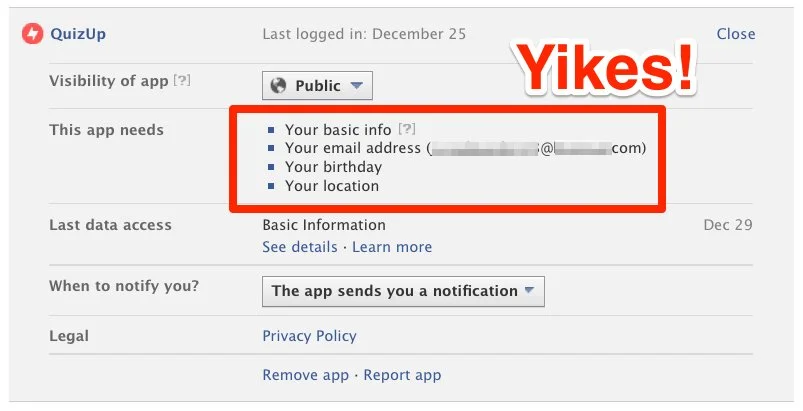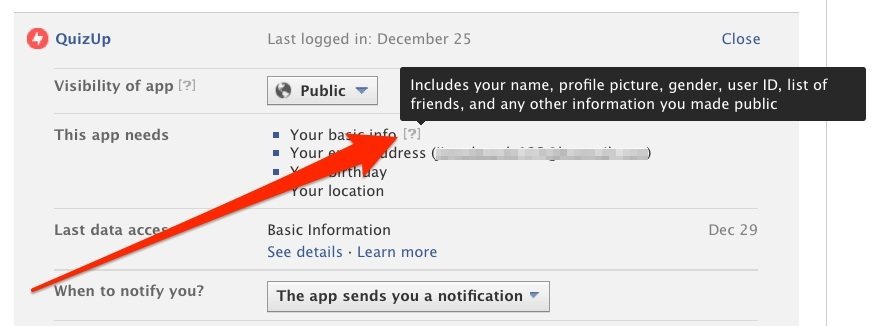We are not static, but our tattoos and Facebook posts are.
What do Facebook, tattoos, and Google Glass have in common? They are all technologies that mark a moment in time in our life. Some leave images on the internet and others on our skin, but all of them are to a large degree permanent. The information is hard, sometimes impossible, to remove. This is the reason that people have lost their jobs due to a seemingly harmless post, or don’t even get the job because of decisions made during an alcohol-fueled late-night trip to a tattoo parlor.
No person is static. Each of us is in truth many people, over time and across different social scenarios. I am a different person when I am at home with my daughter (more silly), when I am operating on someone’s brain (more serious), and when I am traveling in a foreign country (more reserved). And I am certainly a different person today than who I was in college (no comment).
Who we really are oscillates around some mean or average of behavior. We have all done things we are not proud of—that are outliers of our identity. After some moment of being rude, selfish, or weak, either we are able to put it behind us, or the person who suffered at the result of our imperfection moves on. The reason for this is our ability to forget about it. We forget not because we have an imperfect hippocampus (our brain’s memory organ); it's actually an evolved solution. The ability to lose information allows new information to come in that is more relevant, more pertinent to an ongoing reality. Forgetting allows us to update.
And there lies the rub with impulsive JPEGs and reckless inkings. They stick around. They circumvent and interfere with the brain’s normal ability to take in new information by providing a constant reminder of old news. In doing so, they strongly influence other people’s perspective of us as individuals. We remain almost permanently the person we were at that singular event in the past, instead of who we are now, or who we will be in the future.
This “moment permanence” is only going to become more of an issue in the future. As technology moves forward and we move closer to the realization of a “quantified self,” in which nearly everything about us is documented, our past selves will conflict with and even impede our future selves more and more. It will inevitably lead to more demands for embarrassing explanations and awkward, fruitless job interviews.
However, we are already witnessing sections of the internet evolve to foster forgetting, through the wider use of intentionally impermanent texting apps like SnapChat and Cyberdust, where content disappears after just 20 seconds. Hopefully, in addition to the web changing to become more like our brains, our attitudes will also evolve. As we each face having more moments of our lives captured, it should force us out of a black-and-white perspective, toward one that is a more forgiving gray.
That one moment you thought that really cutting loose was a good idea may have been an extremely rare outburst for the straight-laced person you typically are. Instead of having that one moment forever mark you as a drunk or a promiscuous person, perhaps an emerging revelation that none of us is perfect every moment will make us more tolerant.
Here is hoping—cheers!
Via Psychology Today

